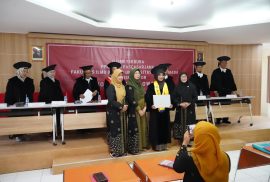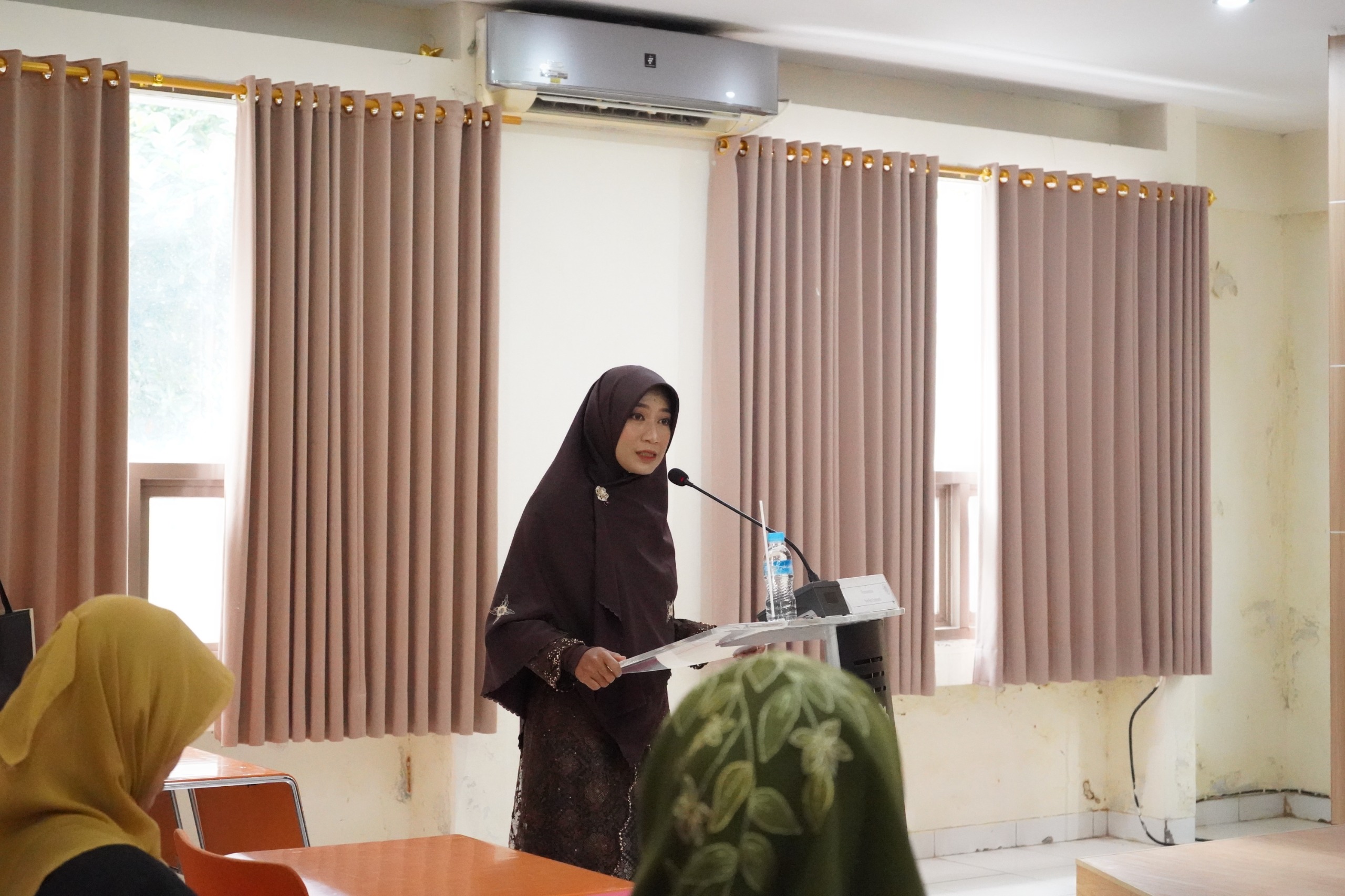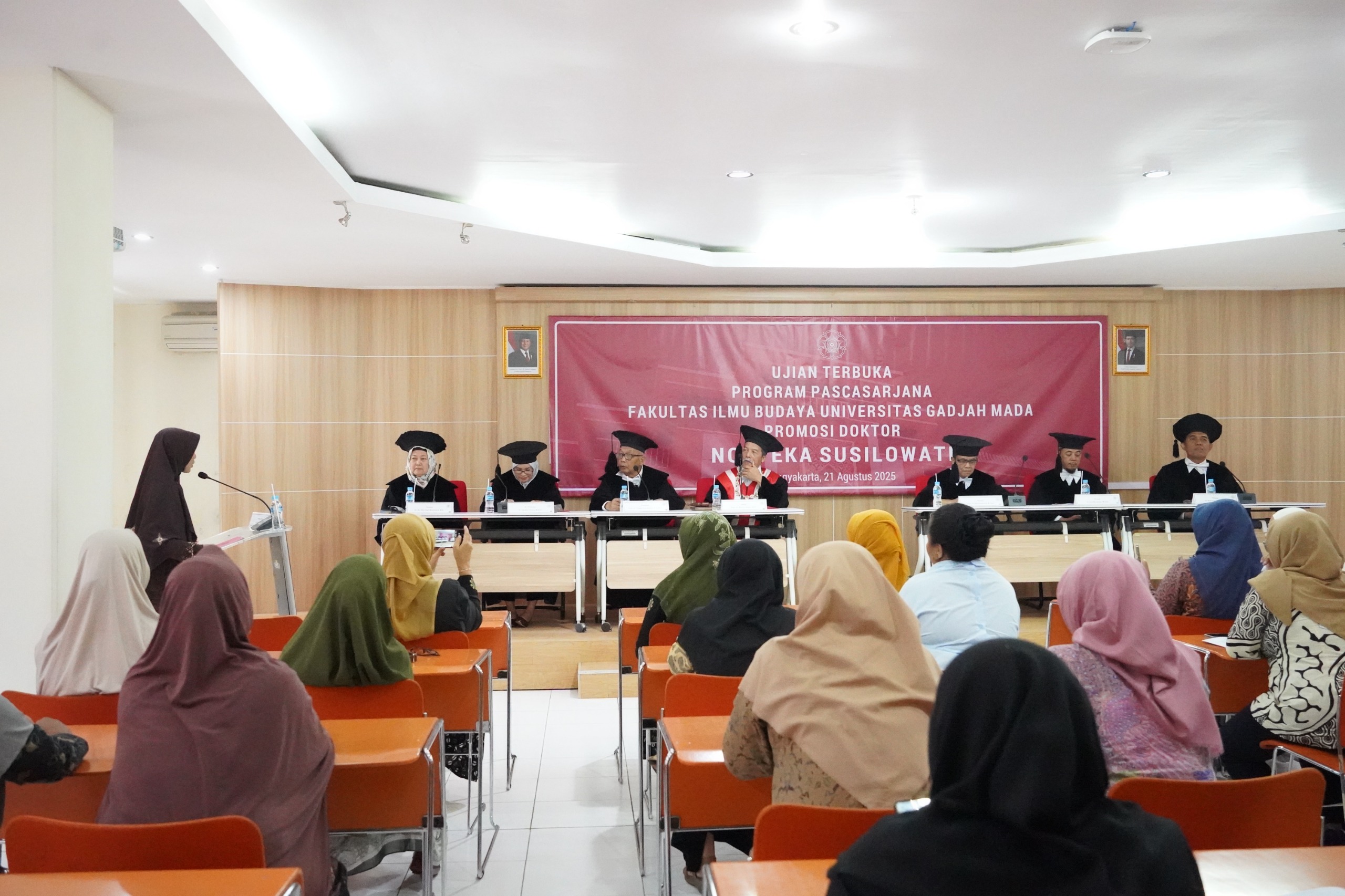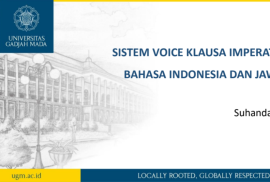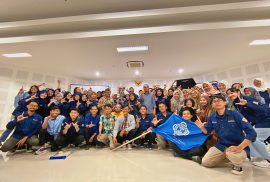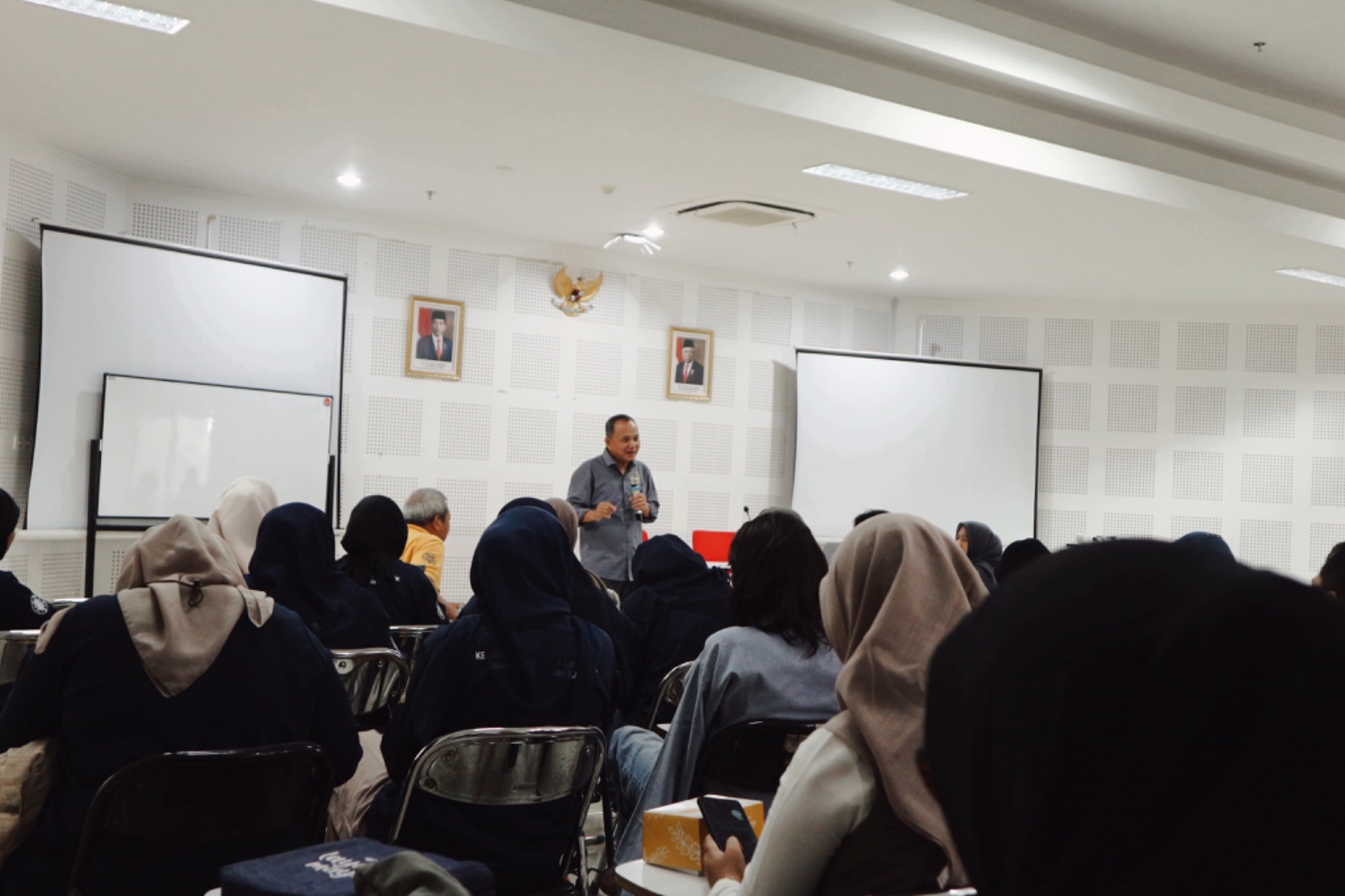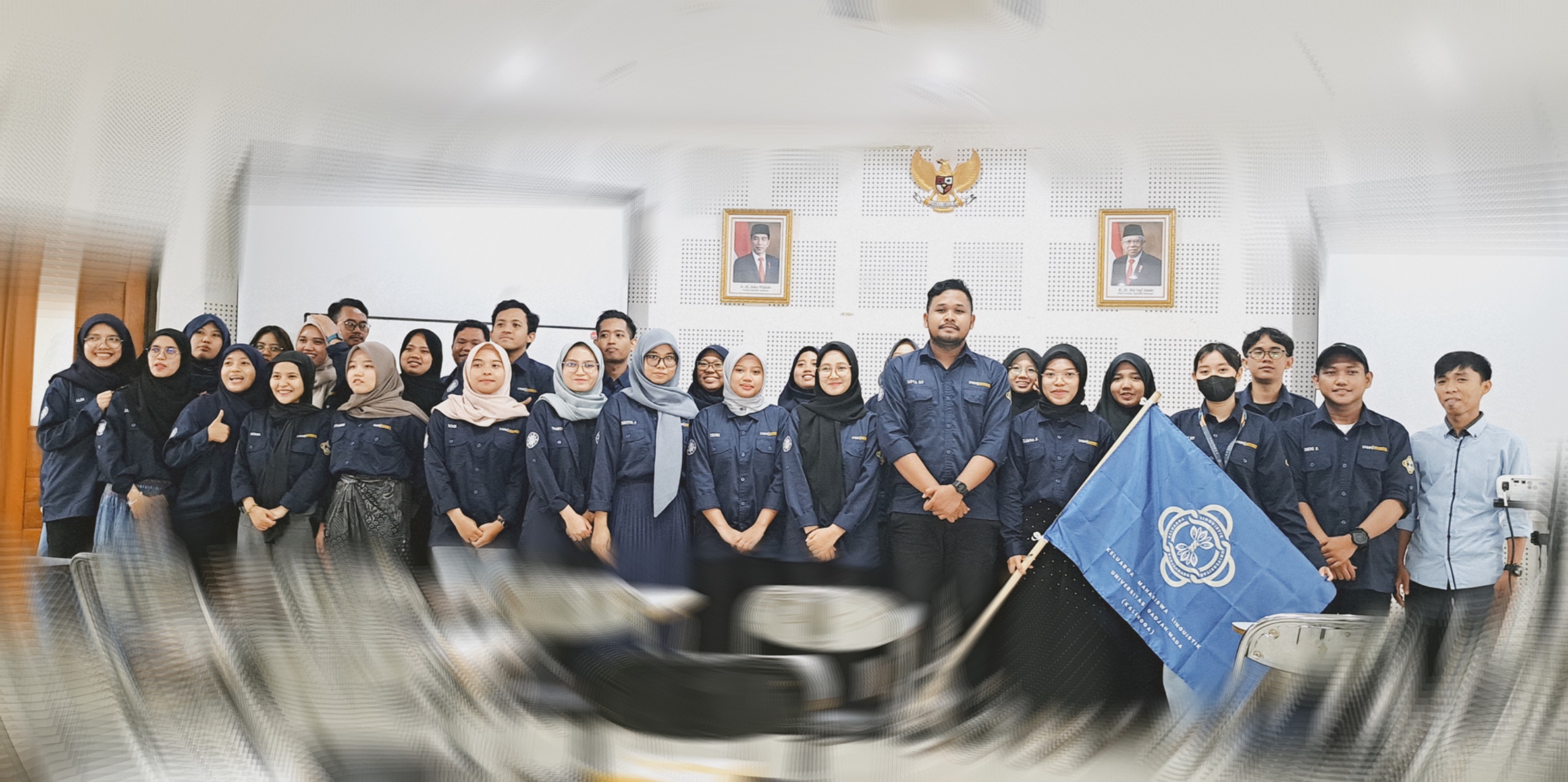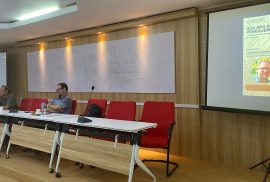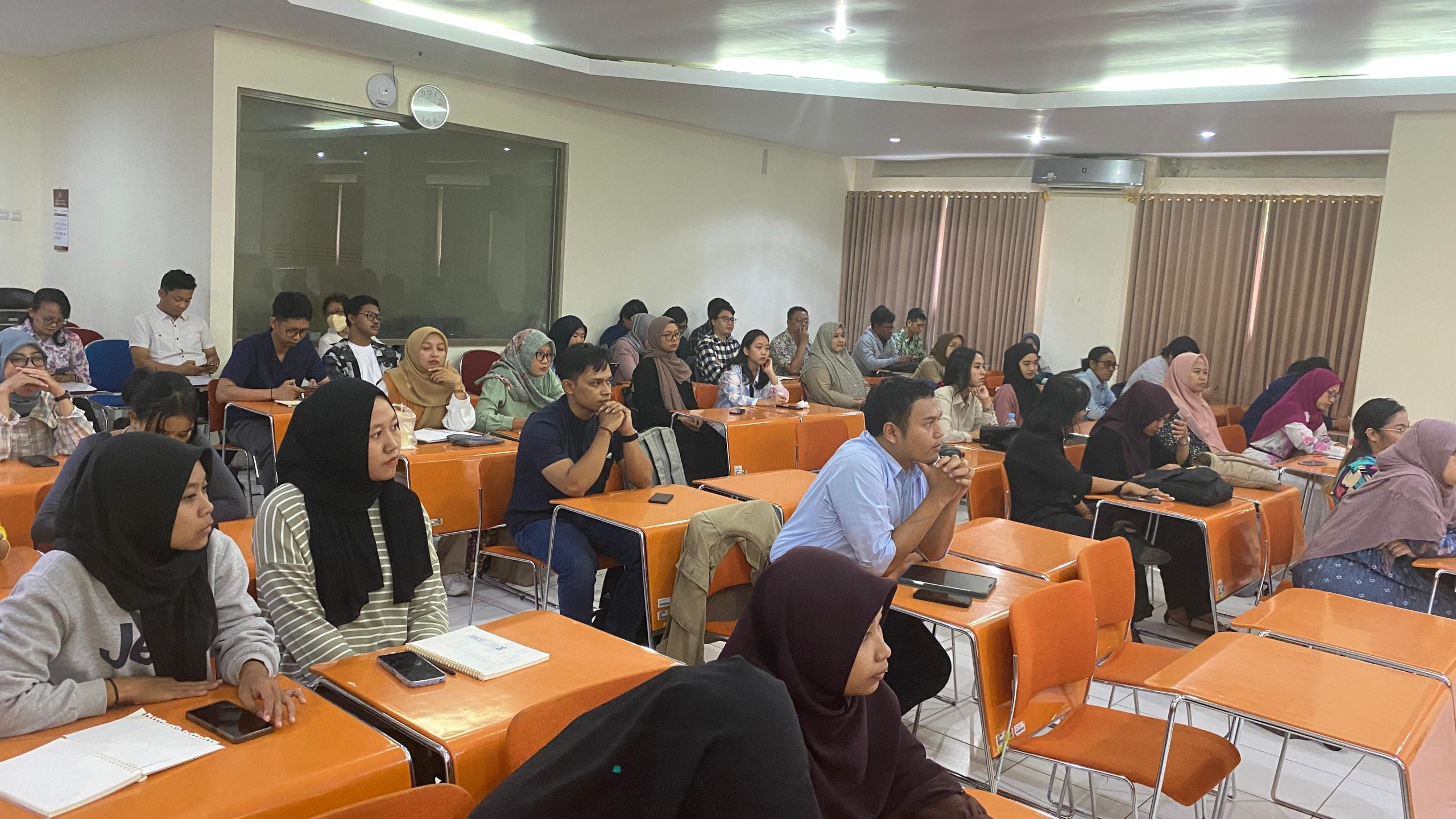Yogyakarta, 21/8/2025 – The Faculty of Cultural Sciences (FIB) at Gadjah Mada University (UGM) has once again produced a new doctor in the field of linguistics. Novi Eka Susilowati officially earned her doctoral degree with her dissertation titled “The Use of Verbal Violence Metaphors Against Indonesian Politicians on Twitter.” The doctoral promotion session took place in the Multimedia Room, Margono Building, FIB UGM, with promoter Prof. Dr. I Dewa Putu Wijana, S.U., M.A., and co-promoter Dr. Hayatul Cholsy, M.Hum.
In her research, Novi discovered that political discourse on social media is rife with metaphors of verbal violence used by netizens to dehumanize and belittle politicians. The forms of these metaphors vary, ranging from words and phrases to sentences, drawing from source domains such as animals, trash, metaphysical beings, and physical objects. Interestingly, new metaphors unique to Indonesia’s digital culture have emerged, such as Mak Lampir and Kakek Sugiono.
During her speech, she identified six factors contributing to the use of verbal violence metaphors against politicians: (1) disappointment with politicians, (2) the political party ideology that supports the politicians, (3) access to social media, (4) the anonymity feature on Twitter, (5) the social distance between Twitter users and politicians, and (6) cultural context.
These findings indicate that social media is not merely a space for expression but also an arena for the reproduction of symbolic violence that can damage the positive image of politicians and diminish respect for their human rights. From a global perspective, this study is relevant to the Sustainable Development Goals (SDGs), particularly SDG 16: Peace, Justice, and Strong Institutions, which emphasizes the importance of peaceful communication, transparency, and respect for human dignity in public life.

